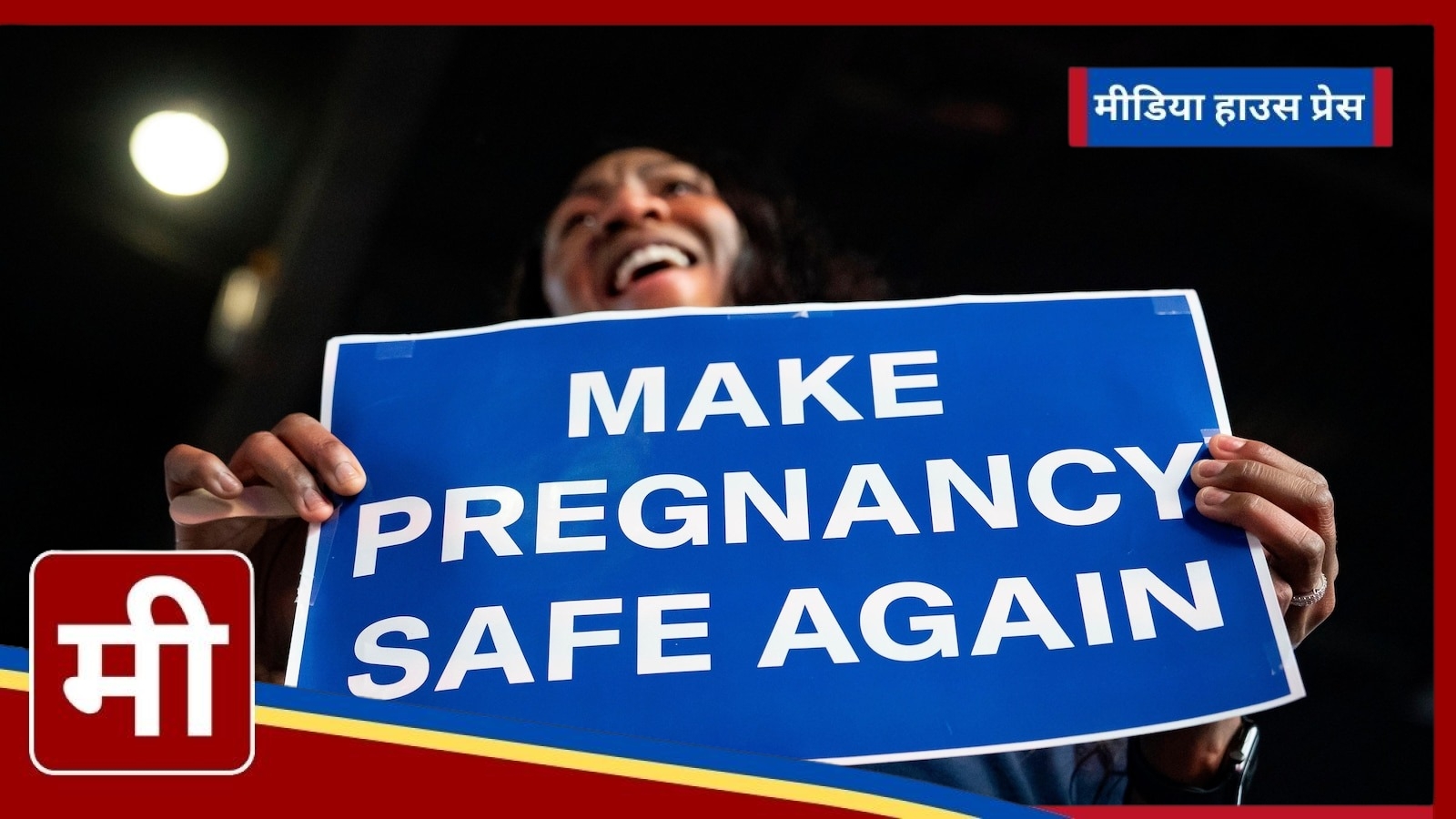A Focus on Reproductive Rights
Justice Alison Riggs, a Democrat seeking re-election, is making reproductive rights a cornerstone of her campaign. Her first television advertisement prominently features images of her Republican opponent, Lieutenant Governor Mark Robinson, who advocates for banning abortions after 12 weeks of pregnancy. Riggs emphasizes that her opponent could cast the decisive vote on such restrictions if elected, highlighting the urgency of the matter in the eyes of voters.
“This is an issue that is coming before state supreme courts, and it is now extremely important to voters,” Riggs stated in a recent interview.
Her Republican rival, Appeals Court Judge Jefferson Griffin, counters that Riggs is overstating the relevance of the issue in their judicial race, claiming it violates ethical standards for judicial conduct.
A National Context for Judicial Elections
The North Carolina race is reflective of broader trends across several states where judicial elections have become battlegrounds over abortion rights. Groups on both the right and left are pouring resources into reshaping courts that could determine pivotal issues such as reproductive rights, voting rights, redistricting, and more in the coming years.
Experts indicate that the political landscape has shifted dramatically since the U.S. Supreme Court’s 2022 decision overturning Roe v. Wade, which had guaranteed constitutional protections for abortion for nearly half a century. “Dobbs made it clear to political stakeholders and the public that state courts, which had previously received little attention, will now be deciding some of the most significant cases that people might expect to take to the U.S. Supreme Court,” noted Douglas Keith, a senior counsel at the Brennan Center for Justice, which tracks spending in state court races.
This year, 33 states will hold elections for 82 state Supreme Court seats, setting the stage for significant changes, particularly in the wake of record-breaking spending seen in previous judicial races in Wisconsin and Pennsylvania.
Increased Funding from Advocacy Groups
Progressive organizations have ramped up their spending in state court races, with the American Civil Liberties Union investing $5.4 million in judicial races in Montana, Michigan, North Carolina, and Ohio. Planned Parenthood and the National Democratic Redistricting Committee announced collective spending of $5 million focused on judicial races in several key states, including North Carolina.
Katie Rodihan, spokesperson for Planned Parenthood Votes, remarked, “We have never invested this much in state supreme courts before. This is truly an unprecedented move for us, and I hope it sets a precedent moving forward.”
In Ohio, where Republicans hold a 4-3 majority on the court, Democrats are defending two seats while one-third of the court remains open. The control of the court could be critical if the state appeals a judge’s ruling that invalidated some of its most restrictive abortion laws.
Competitive Races in Michigan and Montana
Michigan is also experiencing intense judicial competition, with two Supreme Court seats up for grabs. Democratic-supported justices currently hold a 4-3 majority, and both seats are critical for maintaining that balance. Justice Kyra Harris Bolden, the first Black woman on the Michigan bench, is defending her seat against Republican-backed Circuit Court Judge Patrick O’Grady.
Meanwhile, in Montana, the Supreme Court races are highly contentious due to GOP legislators’ criticisms regarding laws limiting abortion access and voting rights. Former U.S. Magistrate Judge Jerry Lynch is running for chief justice against County Attorney Corey Swanson, while State Justice Katherine Bidegaray competes for another open seat.
The Broader Implications of Judicial Elections
These judicial races highlight the increasingly important role of state courts in determining the future of abortion rights and other vital issues. With significant financial backing from both progressive and conservative groups, these elections are poised to shape the judicial landscape for years to come.
As North Carolina voters prepare to head to the polls, the stakes couldn’t be higher. With abortion rights at the forefront, the outcomes of these elections may very well set the course for reproductive rights in the state and beyond.

